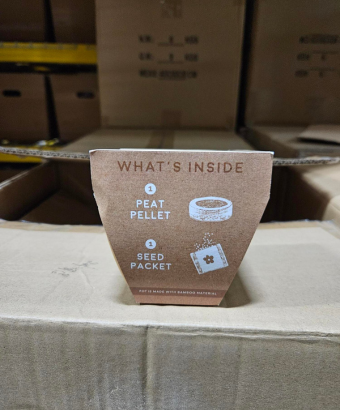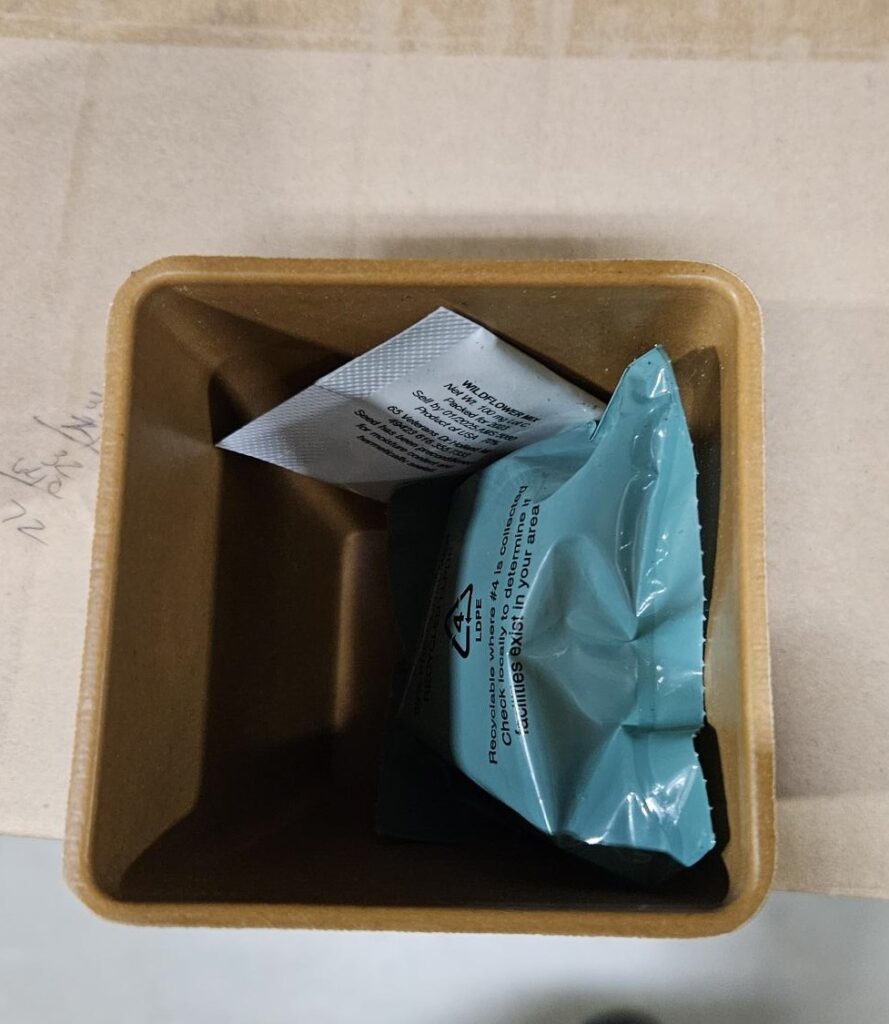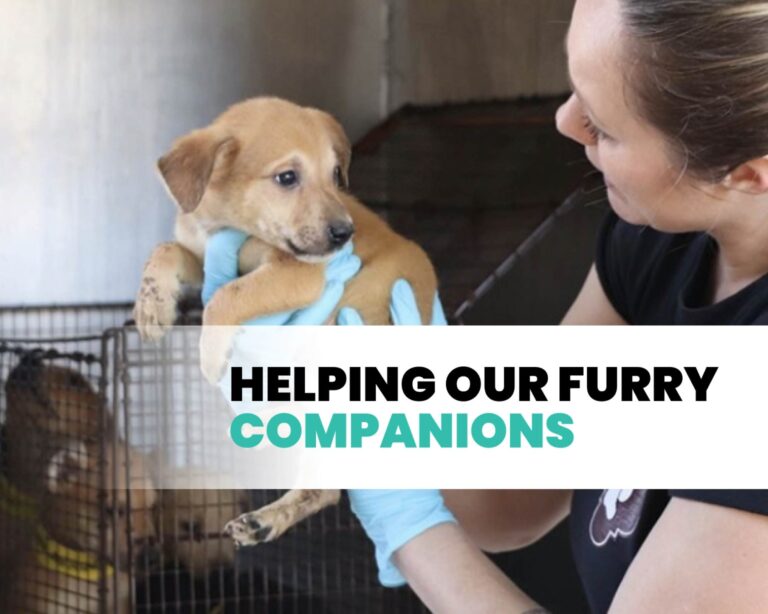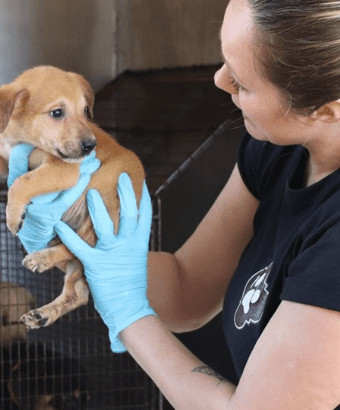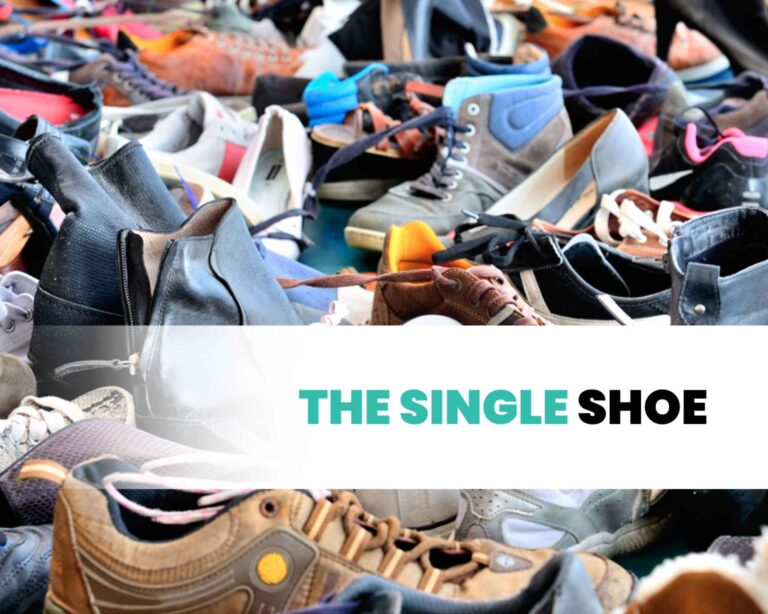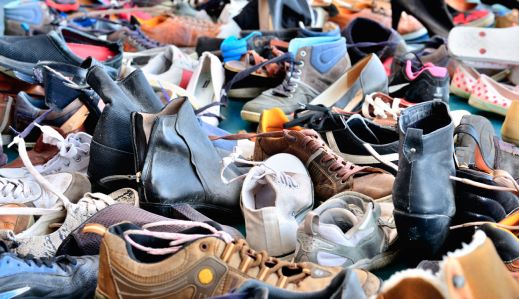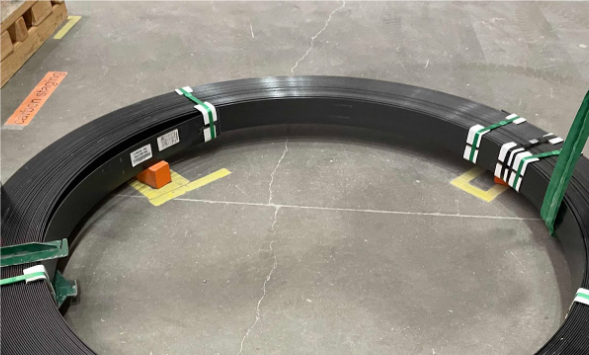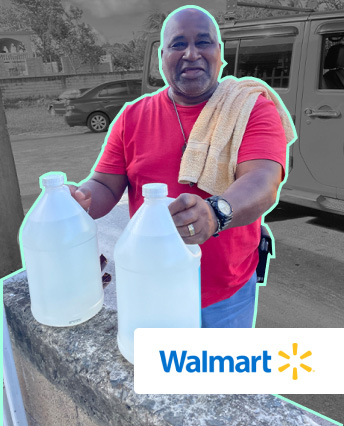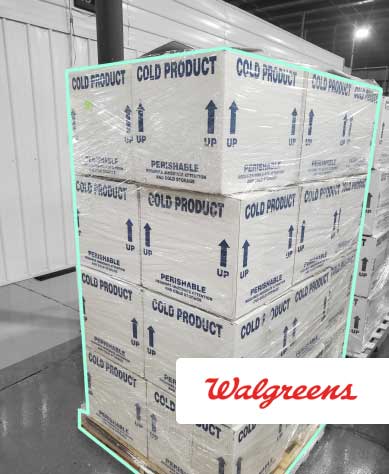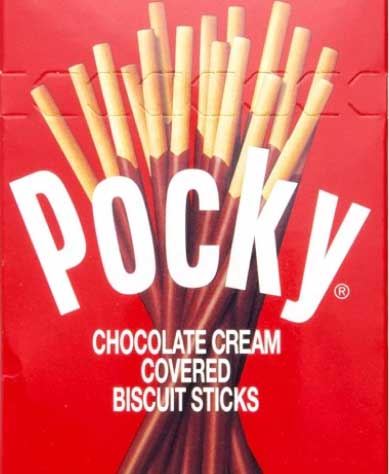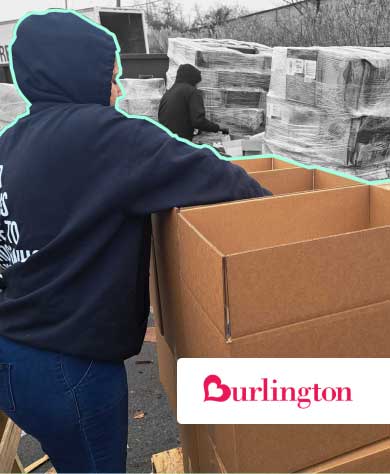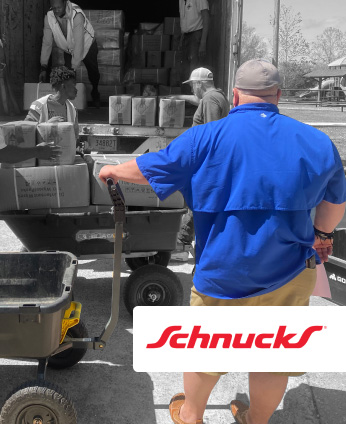At Happen Ventures, we believe surplus inventory can do more than just sit in storage, it can spark real change. That belief came to life when we partnered with Staples and a Siouxland Habitat for Humanity to reimagine the purpose of 8 pallets of sunflower seeds. What could have been thrown away was instead transformed into growth. This youth-led project brought education, joy, and sustainability to our community.
Challenge
Big companies, such as Staples, often find it hard to manage extra inventory. This includes seasonal or discontinued items. If we don’t use the right channels, these items might go to landfills, missing the chance for social good.
Staples sought a sustainable solution that would not only prevent waste but also deliver positive community impact.
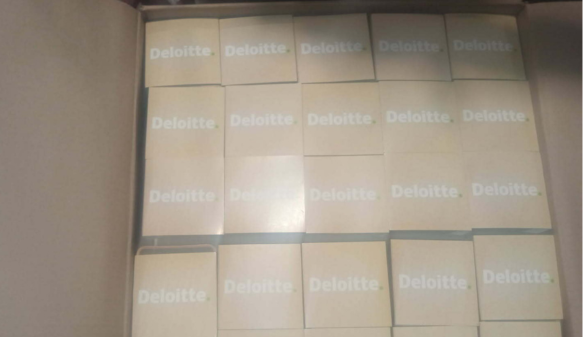
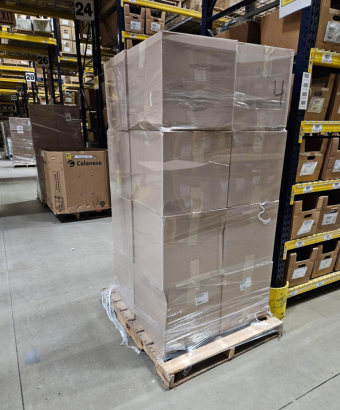
Solution
These 8 pallets of surplus sunflower seeds could’ve easily ended up as waste. But with the right intervention, they became a source of hope and growth for an entire community. When Staples reached out for a sustainable solution, Happen Ventures stepped in not just to handle the logistics, but to create purpose.
Through our donation management process, we connected the surplus with a dedicated nonprofit that serves a wide range of community programs. From Siouxland Habitat for Humanity, the transformation began. The sunflower seeds were carefully repackaged into over 1,400 vibrant planting kits, each including a small flower pot, a peat pellet, and a packet of seeds. But these weren’t just kits, they were the beginning of a journey for every person who received one.
Soon, the kits were making their way into classrooms and community spaces. Local elementary schools like Vermillion, St. Agnes, and Wakonda embraced the project as a new way to teach science and responsibility. Scouts and homeschool groups incorporated the kits into their outdoor activities. Seniors at local living centers were reminded of their love for gardening. Even public libraries found ways to use the kits as hands-on educational tools.
Each box carried the potential for growth of flowers, of knowledge, and of human connection.
Impact
As the kits were distributed, something beautiful happened: they started to change lives in unexpected ways.
In schools, kids from kindergarten to fifth grade eagerly rolled up their sleeves to care for small gardens. Teachers viewed the kits as more than just an activity. They saw them as tools for teaching their students about ecosystems, patience, and care. The children learned how seeds sprout and how sunshine and water work together. They also discovered that responsibility brings joyful results. One teacher shared how her classroom lit up when the first seedlings appeared. Students proudly took turns caring for their plants, watching them grow day by day.
Beyond the schools, senior residents in assisted living facilities received kits of their own. For many, it was a nostalgic and grounding experience. The project connected young people and elders. It brought them together through a love for nature and care for one another.
Even volunteers noticed the emotional resonance. A donation led to talks about conservation, kindness, and resilience. The wildflowers became a metaphor for growth not only in plants but in people.
Through one simple donation, an entire network of communities grew stronger, more connected, and more hopeful.
Feedback from the community:
- Students were eager to care for their plants every day. This gave them a real sense of achievement.
- Teachers praised the project for its educational value and emotional resonance.
- Volunteers noted the unique opportunity to connect youth with nature and introduce important concepts like sustainability and conservation.
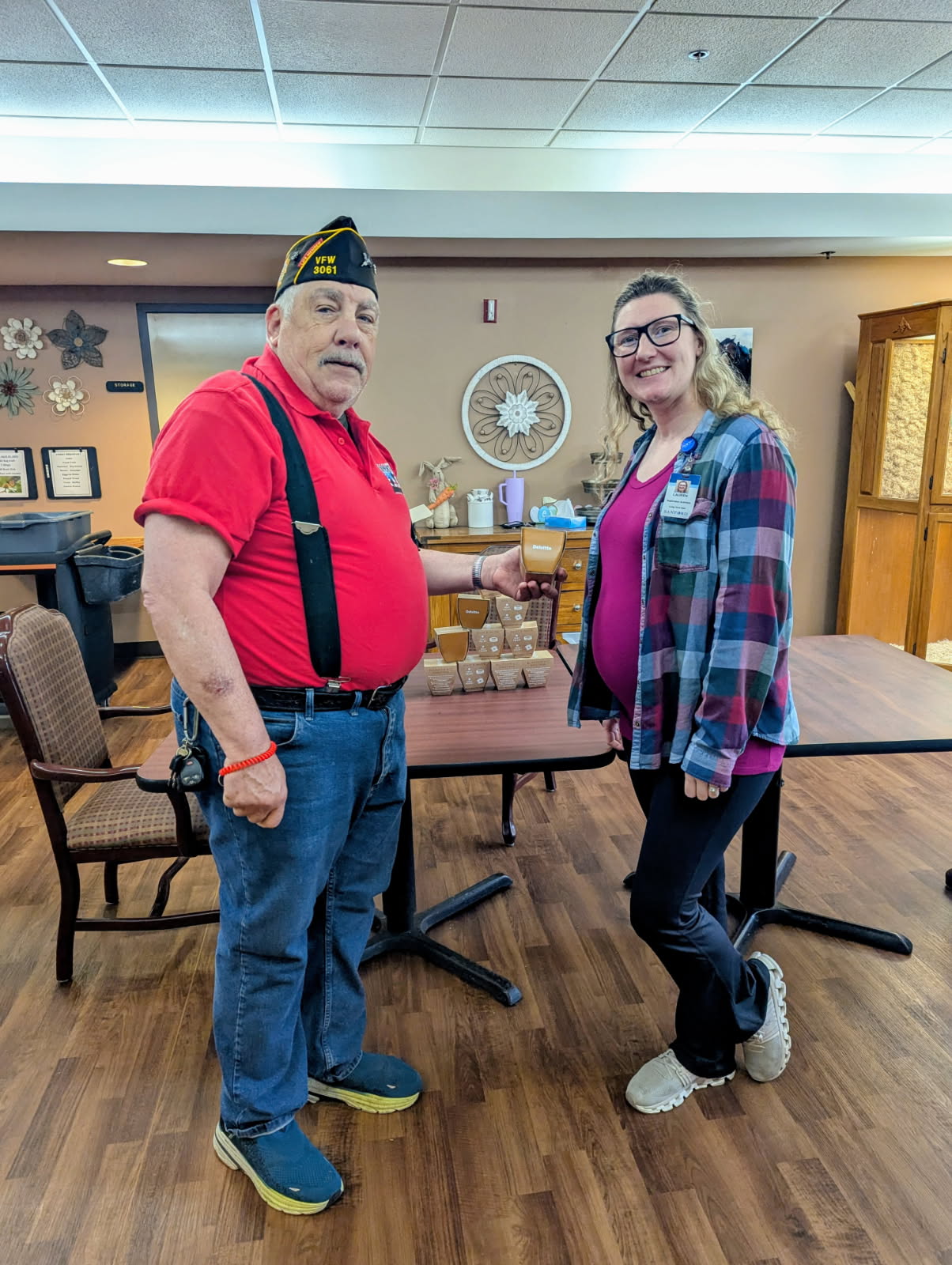
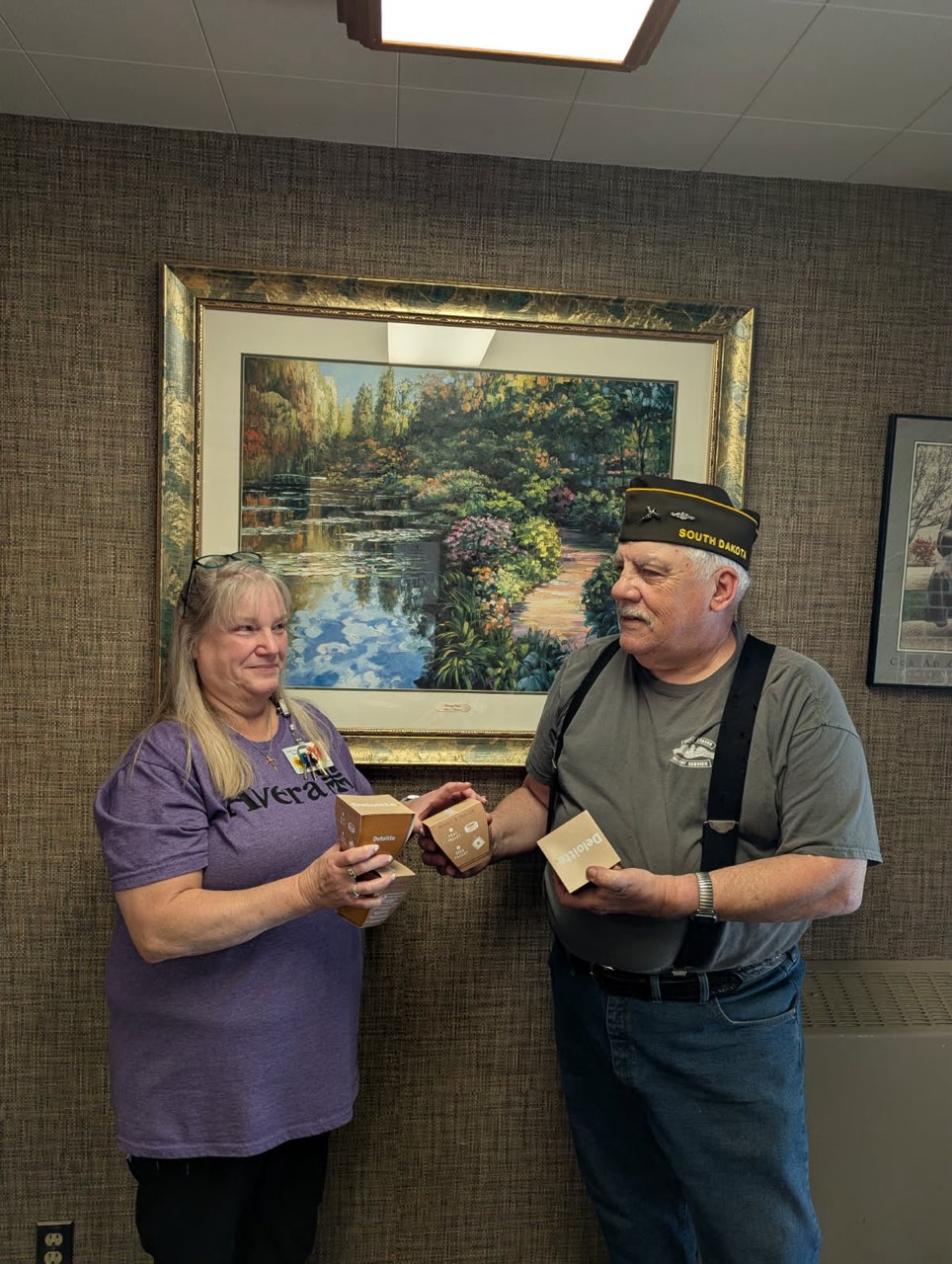

Quotes from Participants
“The kits have sparked excitement in the classrooms as students get hands-on experience with growing flowers.” Elementary School Teacher
“Seeing a seed turn into a flower, and then a butterfly harvest nectar, creates a memory that no book can teach.” Garden Volunteer
“We’re helping to shape a future that upholds the values of service, patriotism, and responsibility.” VFW Post 3061 Member
Why It Matters
This project is a prime example of Happen Ventures’ core philosophy:
Waste is not waste if you have the right partner.
By connecting Staples’ excess inventory with a community-focused organization, we enabled thousands of meaningful educational experiences and prevented perfectly good products from being discarded.
This case demonstrates how corporate donations, when properly redirected, can support:
- Sustainable community development
- Environmental responsibility
- Corporate social impact goals
Conclusion
Through collaboration, vision, and responsible logistics, Happen Ventures helped Staples and a nonprofit partner plant seeds of knowledge, responsibility, and hope across an entire community.
At Happen Ventures, we believe every surplus item has the potential to change lives and we’re proud to make that potential a reality every day.
Ready to turn your surplus into social good?
Learn more about our sustainable donation management services.

